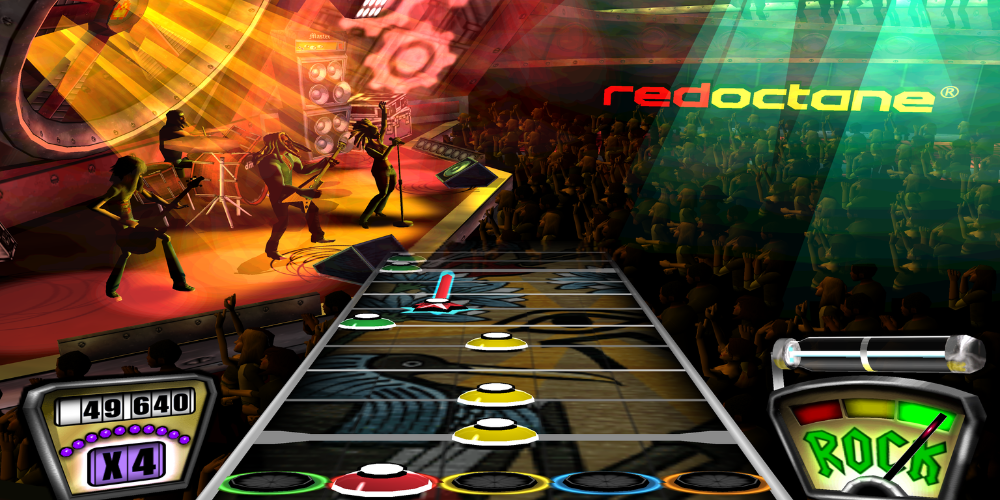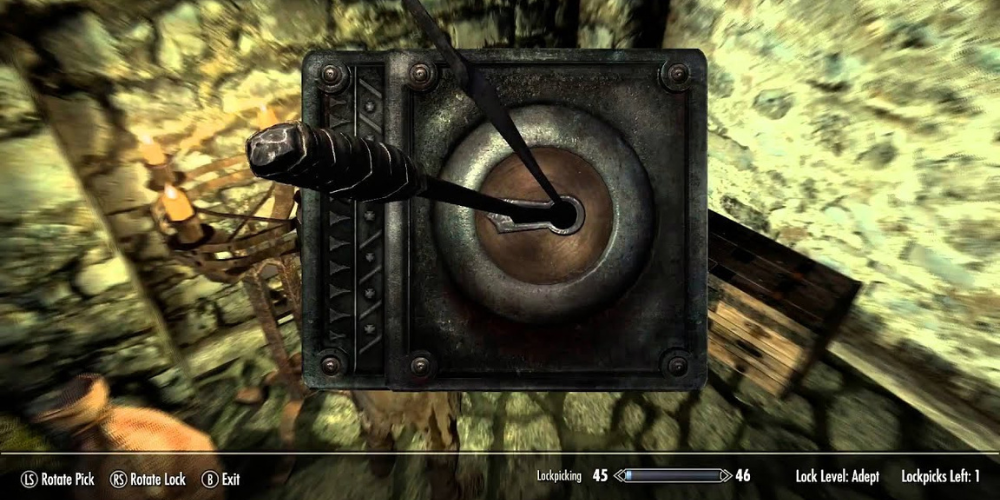Amplifying the Gaming Journey: The Power of Music and Sound Effects in Video Games
- Feb 11, 2024
- 82

Video games have evolved from simple arcade-style games to complex, immersive experiences that capture the imagination of millions. Visual effects and graphics are often credited for creating these captivating worlds, yet there's another equally important, but often overlooked aspect that significantly contributes to the overall gaming experience. This is the use of music and sound effects in video games. Sound design in video games enhances the player's feelings of immersion and can influence their emotional response to the game. In this article, we'll explore how music and sound effects are used to enhance the video game experience.
The Role of Music in Video Games
Crafting the Atmosphere
Music is a powerful atmospheric tool in video games. By manipulating the tempo, melody, and rhythm, musicians can create a wide array of atmospheres, from tense and suspenseful to calming and serene. This allows game developers to guide the emotional response of the player, creating a more immersive and engaging experience. For instance, fast-paced music can make a racing game feel more exhilarating, while softer, melodic tunes can instil a sense of calm and tranquility in a puzzle game.

Driving the Narrative
Music also plays a crucial role in driving the narrative of a game. Certain themes or melodies can become associated with specific characters or locations, helping to build a sense of identity and familiarity. This is particularly effective in role-playing games (RPGs), where music can help establish the mood of a particular scene or encounter. Moreover, music can also be used to foreshadow upcoming events, creating anticipation and excitement.
Enhancing Gameplay
Gameplay can also be enhanced through the use of music. In rhythm games, the music is the gameplay - players must hit notes in time with the music to progress. In other genres, music can act as a subtle cue, signalling changes in the gameplay or indicating the approach of danger. This allows for a more immersive and interactive experience, as the player must listen as well as watch to succeed.

The Power of Sound Effects in Video Games
Creating Immersion
Sound effects are crucial for creating a sense of immersion in video games. Realistic sound effects can make the game world feel more tangible and believable. The sound of footsteps on different surfaces, the rustling of leaves in the wind, or the distant howl of a creature can all contribute to a rich and immersive soundscape. This attention to detail helps to pull the player into the gaming world, creating a more engaging and enjoyable experience.
Conveying Information
Sound effects also serve a practical function in video games, conveying important information to the player. For example, the sound of an enemy approaching or a weapon being fired can alert the player to danger. Similarly, auditory feedback when a player accomplishes a task or collects an item can provide a satisfying sense of achievement. These cues can help to guide the player, making the gameplay more intuitive and accessible.

Aiding in Player Engagement
Sound effects can also be used to aid player engagement. For instance, the sound of a character's breathing can be used to indicate their health status, or the sound of an object breaking can indicate that a puzzle has been solved. Additionally, memorable sound effects can become iconic elements of a game, contributing to its identity and appeal.
The Symphony of a Video Game Experience
Music and sound effects play a pivotal role in crafting the gaming experience. They create the atmosphere, drive the narrative, enhance gameplay, and provide crucial cues and feedback to the player. The power of sound can transform a simple game into a captivating, immersive experience. As video games continue to evolve, the role of sound design will only become more important, helping to shape the future of this exciting medium.
